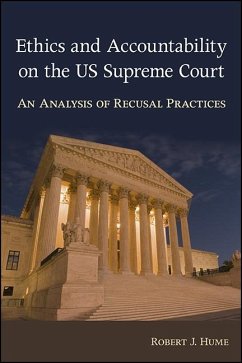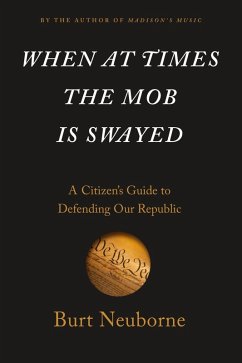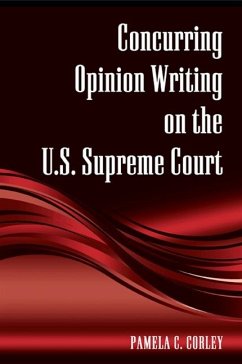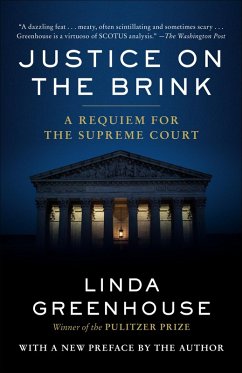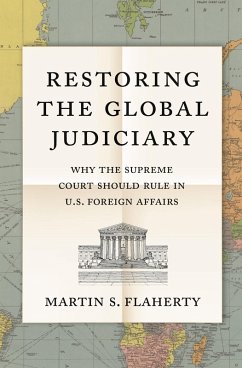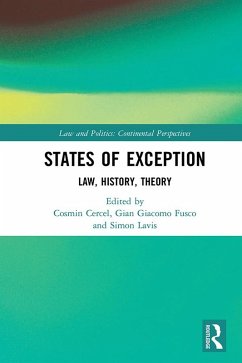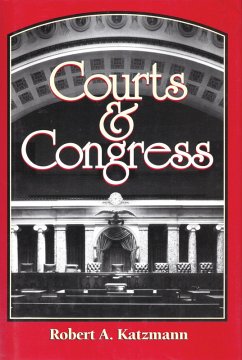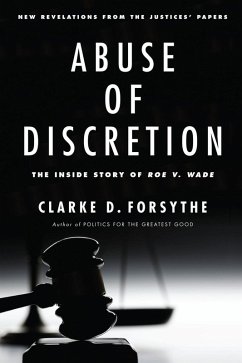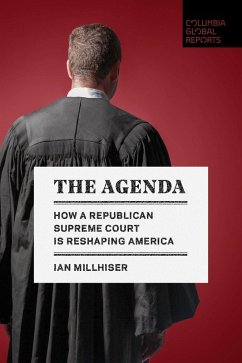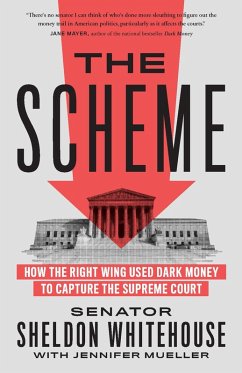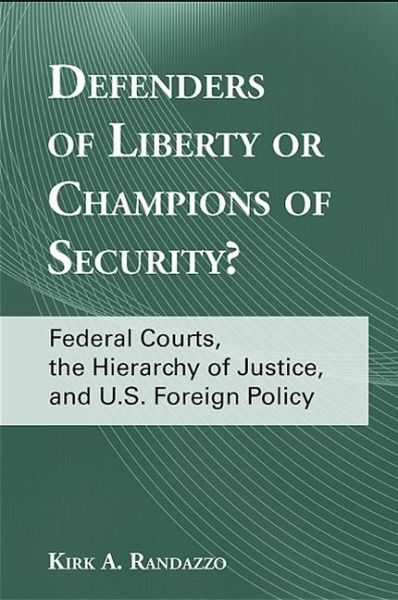
Defenders of Liberty or Champions of Security? (eBook, ePUB)
Federal Courts, the Hierarchy of Justice, and U.S. Foreign Policy

PAYBACK Punkte
12 °P sammeln!
Examines the critical role assumed by the U. S. judiciary in balancing concerns about national security with the protection of liberty after the terrorist attacks of September 11, 2001.The terrorist attacks of September 11, 2001, and the subsequent responses by the U.S. federal government have raised fundamental questions about civil liberties in both domestic and international laws. As a result, the U.S. judiciary, out of its responsibility for interpreting the Constitution, has assumed a crucial role in defining boundaries of domestic and foreign policy, and in balancing concerns about secur...
Examines the critical role assumed by the U. S. judiciary in balancing concerns about national security with the protection of liberty after the terrorist attacks of September 11, 2001.
The terrorist attacks of September 11, 2001, and the subsequent responses by the U.S. federal government have raised fundamental questions about civil liberties in both domestic and international laws. As a result, the U.S. judiciary, out of its responsibility for interpreting the Constitution, has assumed a crucial role in defining boundaries of domestic and foreign policy, and in balancing concerns about security with the protection of liberty. Utilizing a sophisticated blend of quantitative and qualitative analysis, Kirk A. Randazzo examines two main questions: To what extent do federal judges defend liberty or champion security when adjudicating disputes? And to what extent does the hierarchal structure of the federal judiciary influence decisions by lower court judges? There are, he argues, disturbing indications that the federal judiciary as a whole are not defenders of liberty. Furthermore, lower court judges strategically anticipate the decisions of higher courts and constrain their behavior to avoid reversal.
The terrorist attacks of September 11, 2001, and the subsequent responses by the U.S. federal government have raised fundamental questions about civil liberties in both domestic and international laws. As a result, the U.S. judiciary, out of its responsibility for interpreting the Constitution, has assumed a crucial role in defining boundaries of domestic and foreign policy, and in balancing concerns about security with the protection of liberty. Utilizing a sophisticated blend of quantitative and qualitative analysis, Kirk A. Randazzo examines two main questions: To what extent do federal judges defend liberty or champion security when adjudicating disputes? And to what extent does the hierarchal structure of the federal judiciary influence decisions by lower court judges? There are, he argues, disturbing indications that the federal judiciary as a whole are not defenders of liberty. Furthermore, lower court judges strategically anticipate the decisions of higher courts and constrain their behavior to avoid reversal.
Dieser Download kann aus rechtlichen Gründen nur mit Rechnungsadresse in A, D ausgeliefert werden.




